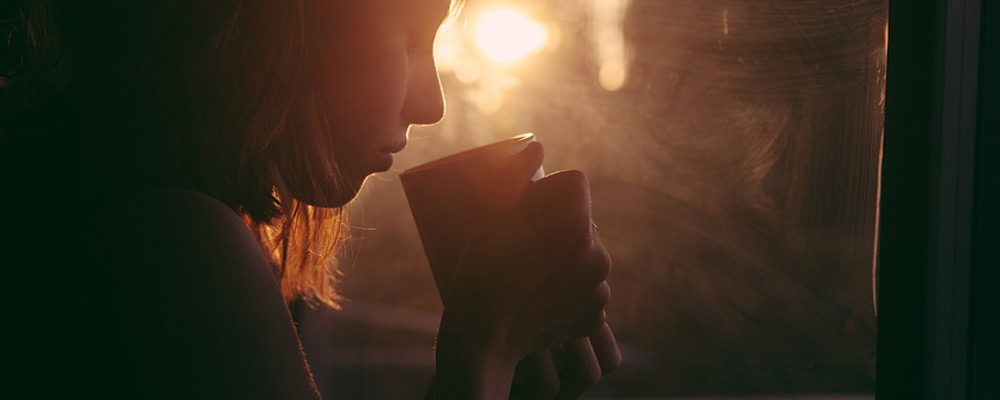Most of us have suffered from sleepless nights at one time or the other. It’s usually a temporary phase caused by stress or other factors. After a short period, our sleep pattern goes back to normal, and all is well. But for a handful of us, this becomes a recurring problem that makes us irritable and not quite ourselves. Sleep deprivation for prolonged periods is extremely debilitating. It negatively affects our work or school performance and even impacts personal relationships.
On this page
According to a Centers for Disease Prevention and Control study, about 50-70 million Americans suffer from wakefulness disorders. They also state that about 10% of this figure relies on prescription sleeping aids. This usage is quite common among older adults in particular. Also, the number of women using prescription drugs was found to be much higher than men. In short, 1 in 6 adults in America suffers from sleep disorders, and 1 in 8 adults admit to using sleeping aids.
Ultimately, some of us succumb to quick-fix solutions. But, the use of sleeping pills and other prescription drugs runs the risk of dependency. Thankfully, there are other less dangerous options to consider. Before you visit your doctor or pharmacist, why not explore some safer alternatives. This article will discuss the benefits of sleepytime tea. We’ll also talk about some of the many other more natural sleep remedies available.
What Are “Sleepytime” Teas?
Sleepytime, or bedtime teas, contain natural anti-anxiety and calming ingredients including chamomile, valerian root, lavender, lemon balm, among others. These teas are a practical part of a regular pre-bedtime de-stressing activity. These teas contain natural ingredients found in sleep supplements and are caffeine-free.
Lavender
Lavender is grown in the United States, Australia, and Europe. It is native to the Mediterranean region, Russia and the Arabian Peninsula. It has been known for centuries for its soothing scent which keeps anxiety at bay. The ancient Greeks and Romans even infused their baths with this calming fragrance. Relaxing both your mind and body is an essential step in preparing for bedtime. But, tea made from lavender leaves does more than improving sleep quality. It is also a beneficial treatment for anxiety disorders related to dementia.
Additionally, lavender provides relief for gastronomical problems, stabilizes mood, and boosts appetite. Modern science has provided plenty of research to support these claims.
On rare occasions, lavender can cause skin irritation. It’s a mild allergic reaction caused by the compound called linalool. This compound reacts with the air and produces lavenders trademark fragrance. Although allergic reactions are rare, discontinue use if discomfort occurs. For most, lavender is a safe way to enhance your mood and readiness for sleep.
Lemon Balm
Your stress level and mood both affect your sleep. Lemon balm is well known for its soothing qualities. Drinking lemon balm tea has a calming effect that helps you relax and induces sleep. At higher doses, it becomes a mild sedative that can be used in the treatment of insomnia. It also lessens anxiety, soothes wounds, and eases indigestion. This plant belongs to the mint family and is found throughout the world. It can be grown indoors with relative ease on your kitchen sill for convenient use. Pluck the leaves and add them to a cup of hot water for a quick, relaxing cup of tea.
Chamomile
Chamomile tea often comes up in conversations about insomnia and for a good reason. It has been used for centuries in treating anxiety, stress, and reducing inflammation. It’s a sleep inducer and a mild tranquilizer for relaxing muscles and nerves. Though most studies have been inconclusive, the majority agree that chamomile does promote relaxation in people who have chronic insomnia.
You may want to give chamomile tea a chance and drink a cup before you hit the sack.
Valerian Root
Valerian root is best known for easing headaches, insomnia, and nervousness. It is frequently used in the United States and Europe as an herbal sleep aid; as tea, capsules or liquid form. Valerian root produces sedative effects and has been proven effective sleep aid. This natural supplement has no reported side-effects or drowsiness in the morning. So, rather than lay awake for hours, give valerian root tea a try to shorten the time it takes to fall asleep.
Passionflower
Passionflower tea can lower stress, reduce anxiety, and be used as a sleep aid. Passionflower is often mixed with other herbs making it difficult to tell what other qualities it may have.
Use caution if taken with a sedative as this can bring on excessive sleepiness. Passionflower can also reduce your blood pressure. It may not be advisable to take while on hypertension medication. This may bring your blood pressure down to a dangerous level. Consult your doctor before taking passionflower if using any of these medications.
Conclusion
Make a habit of having a cup of this tea as part of your bedtime ritual and see if it works for you. Combining other techniques to fall asleep naturally, with one of these teas might also help in a big way.

